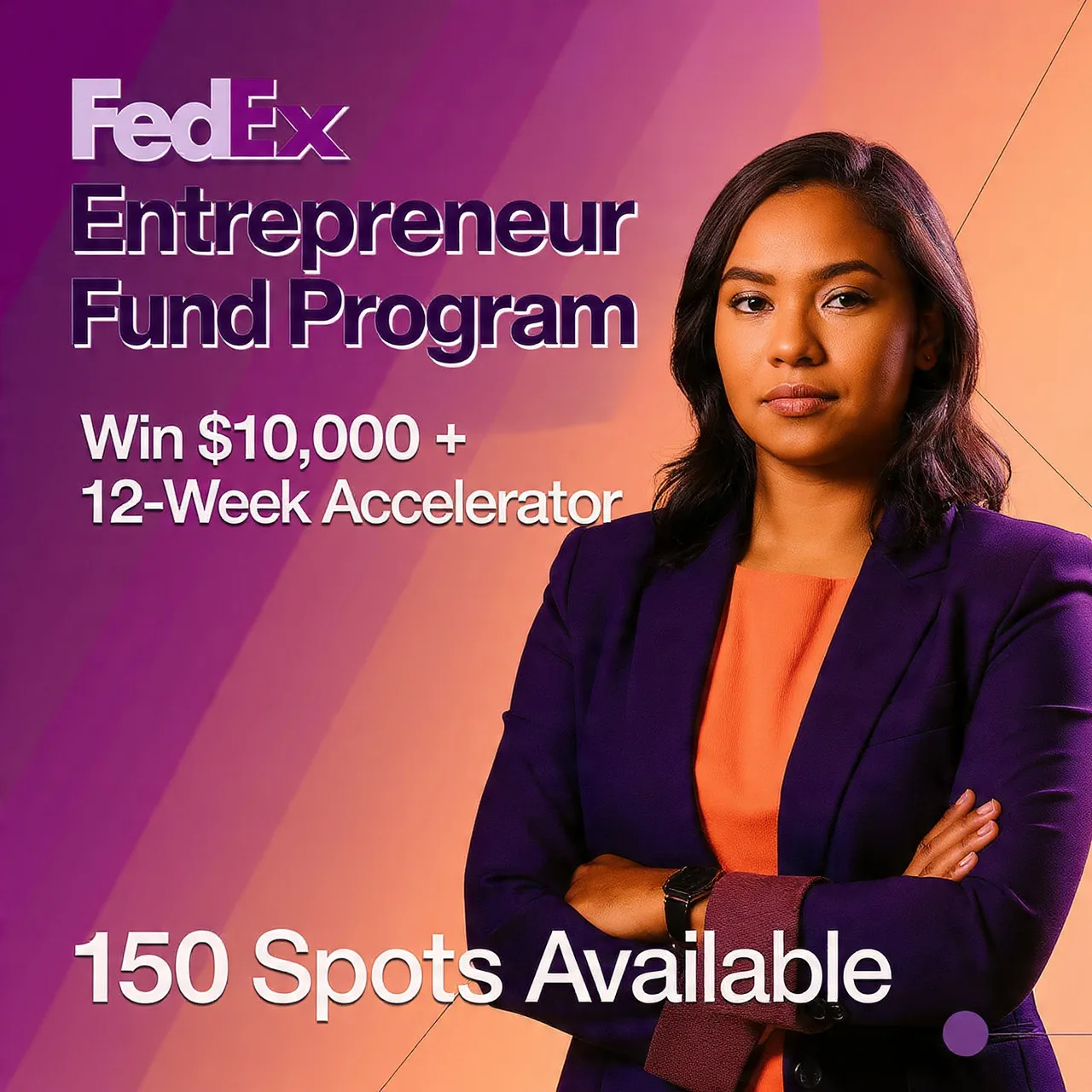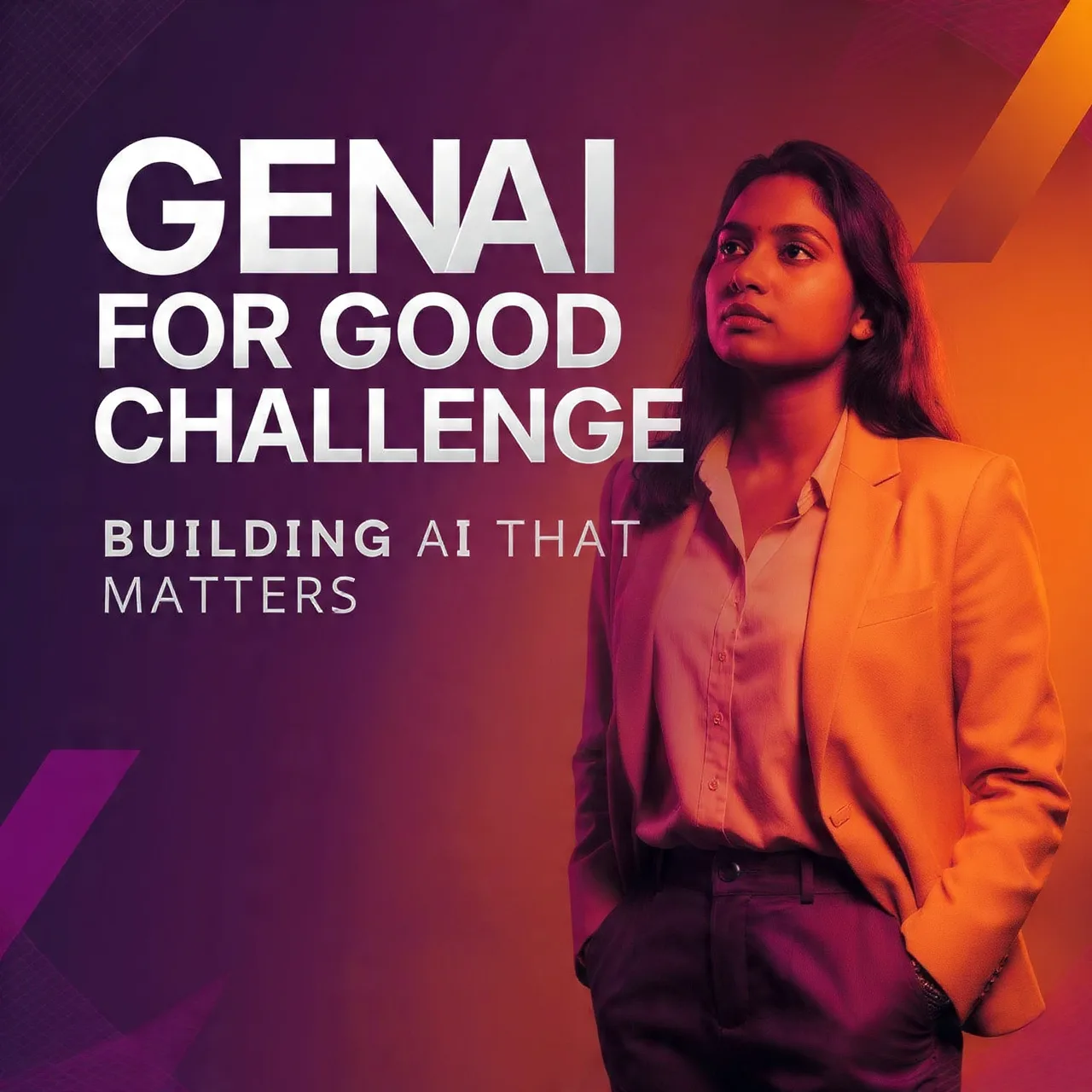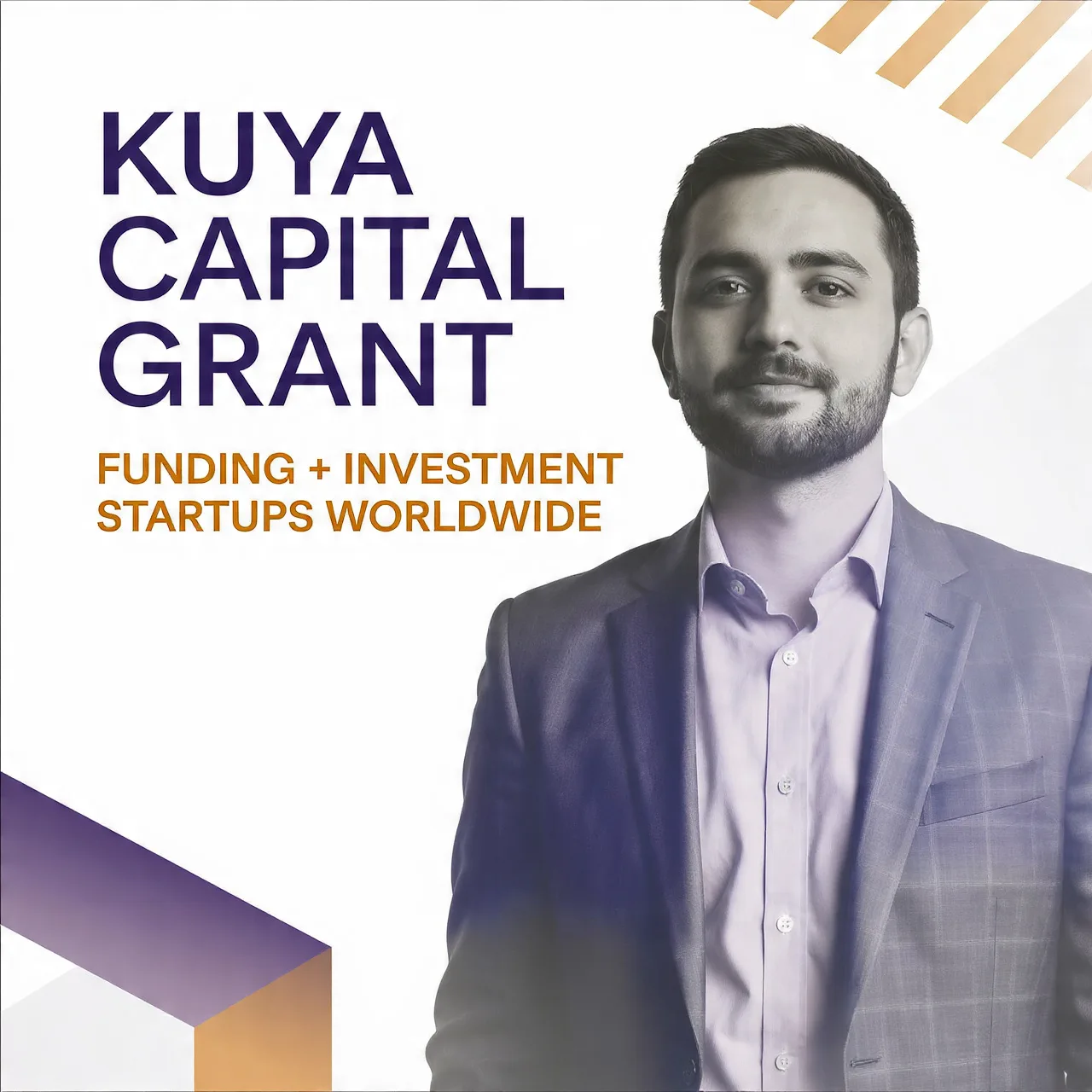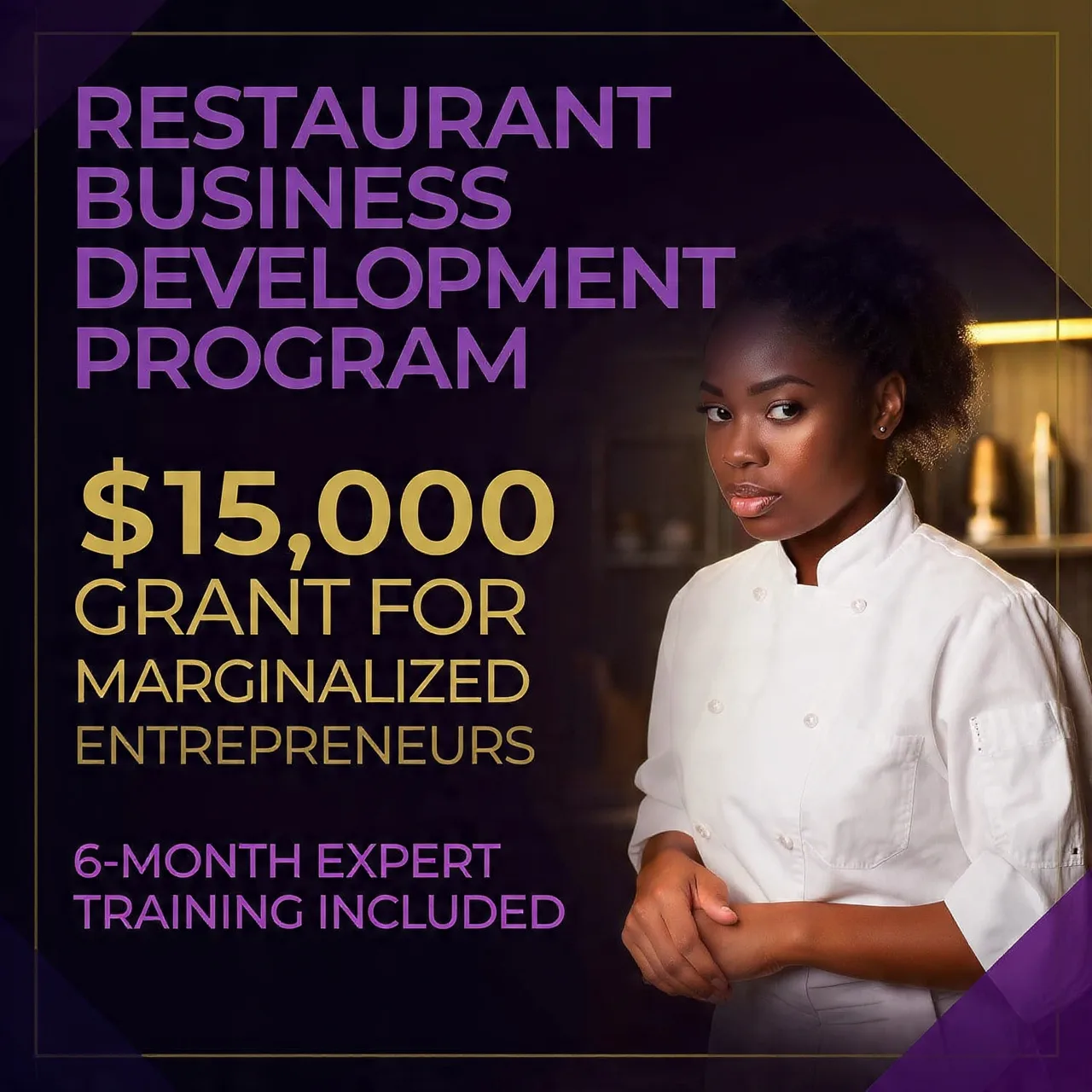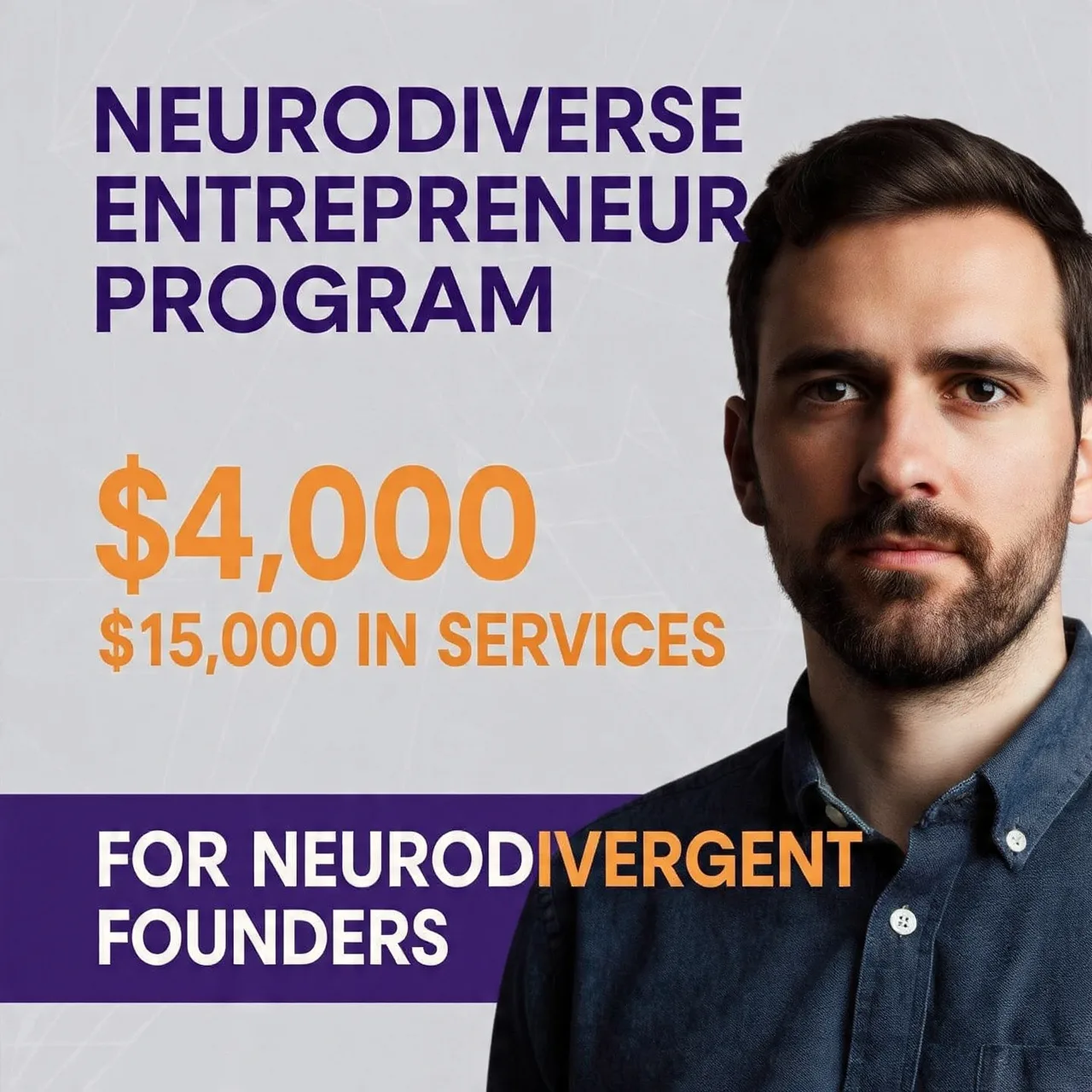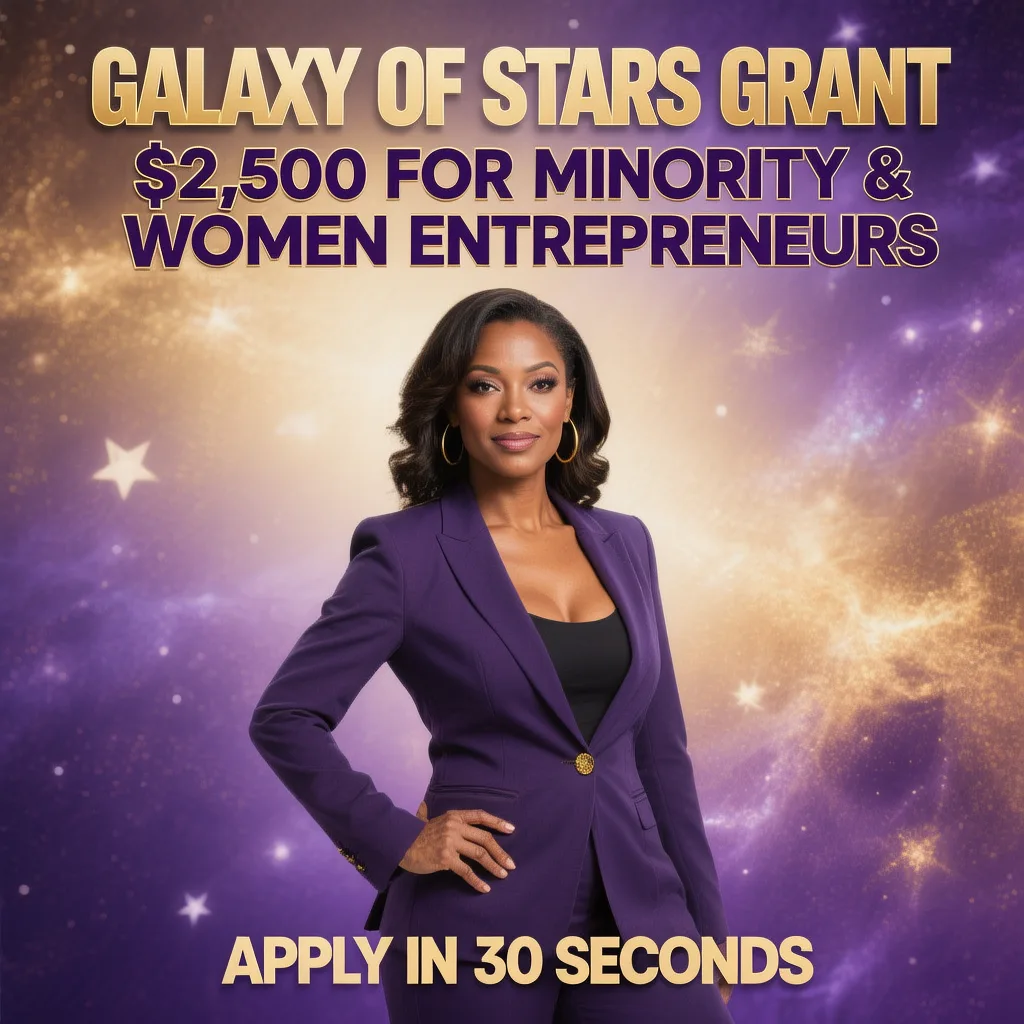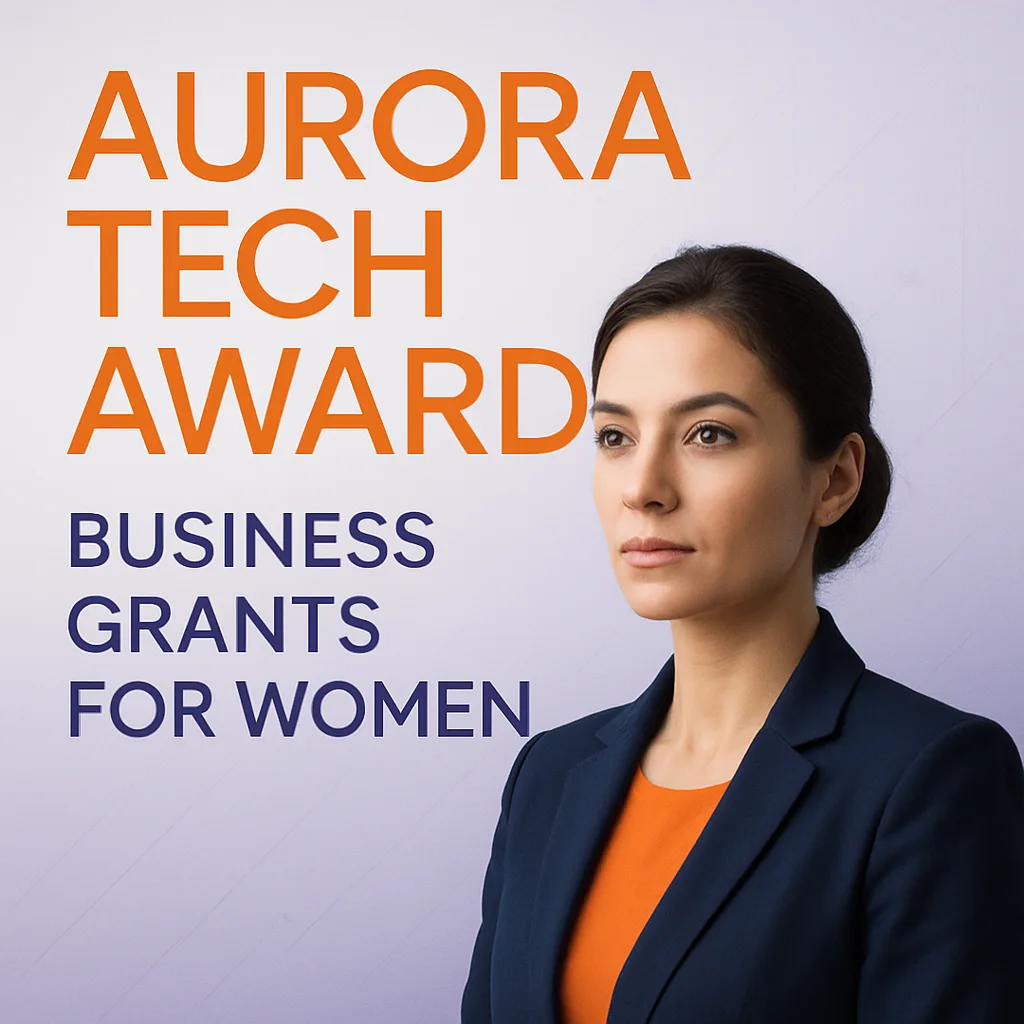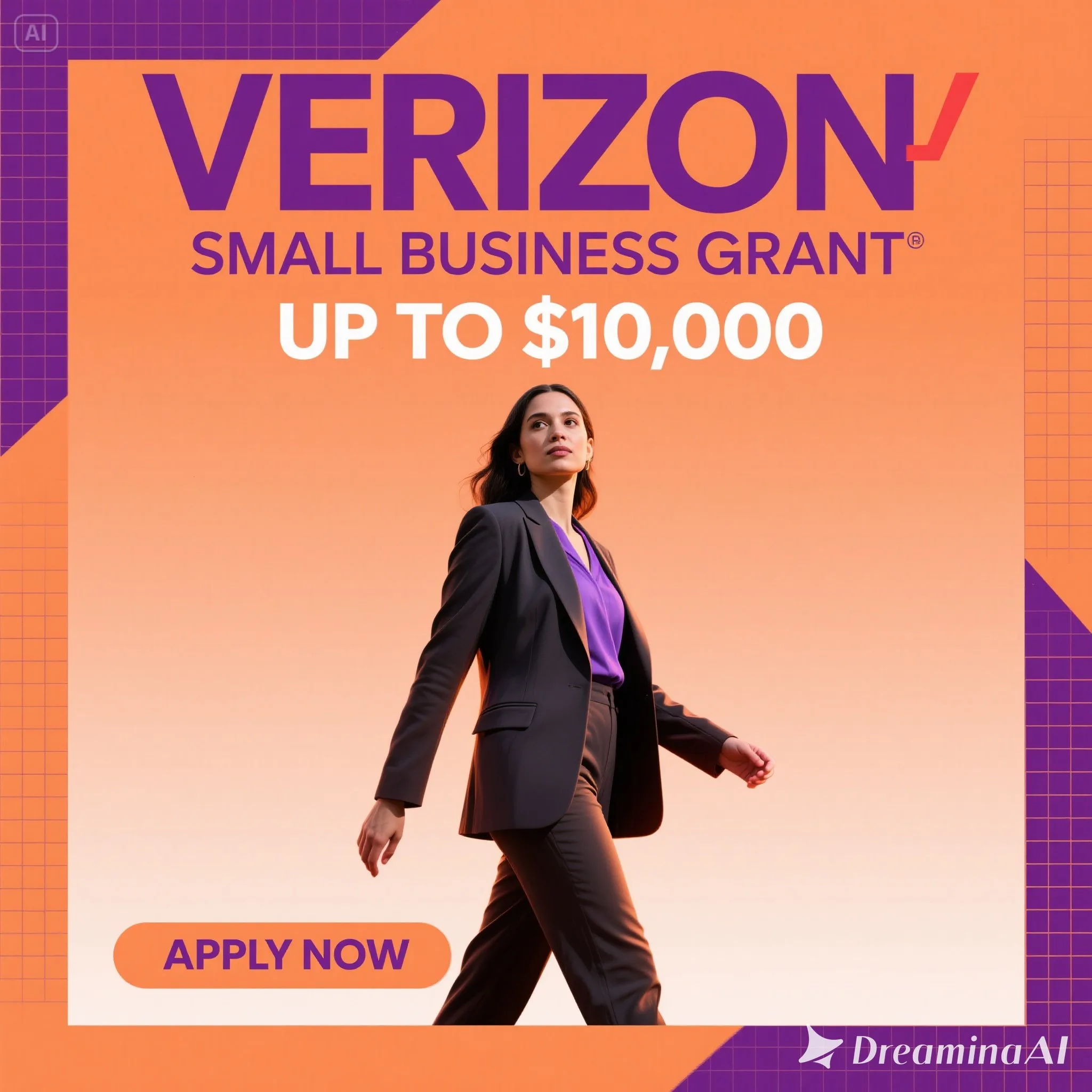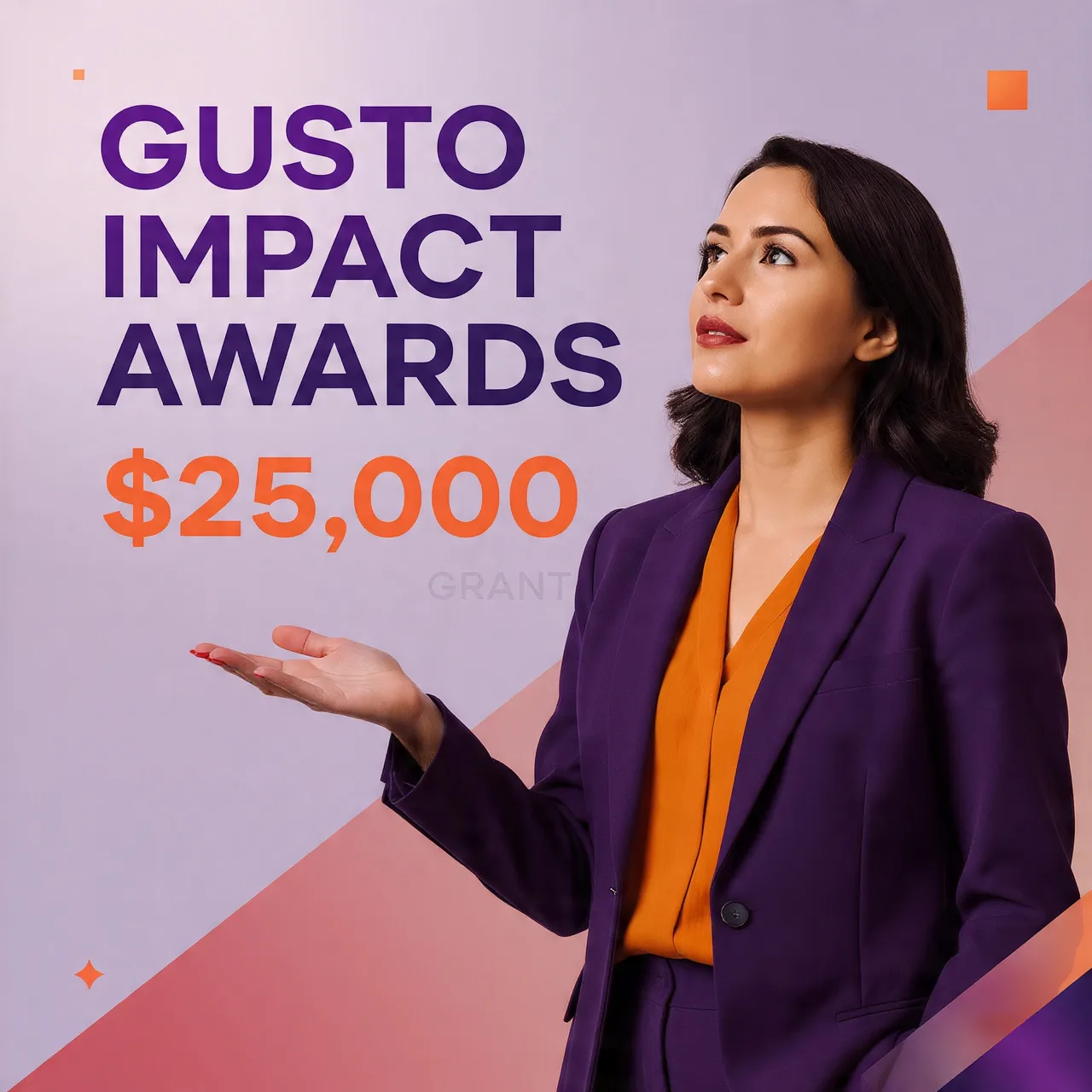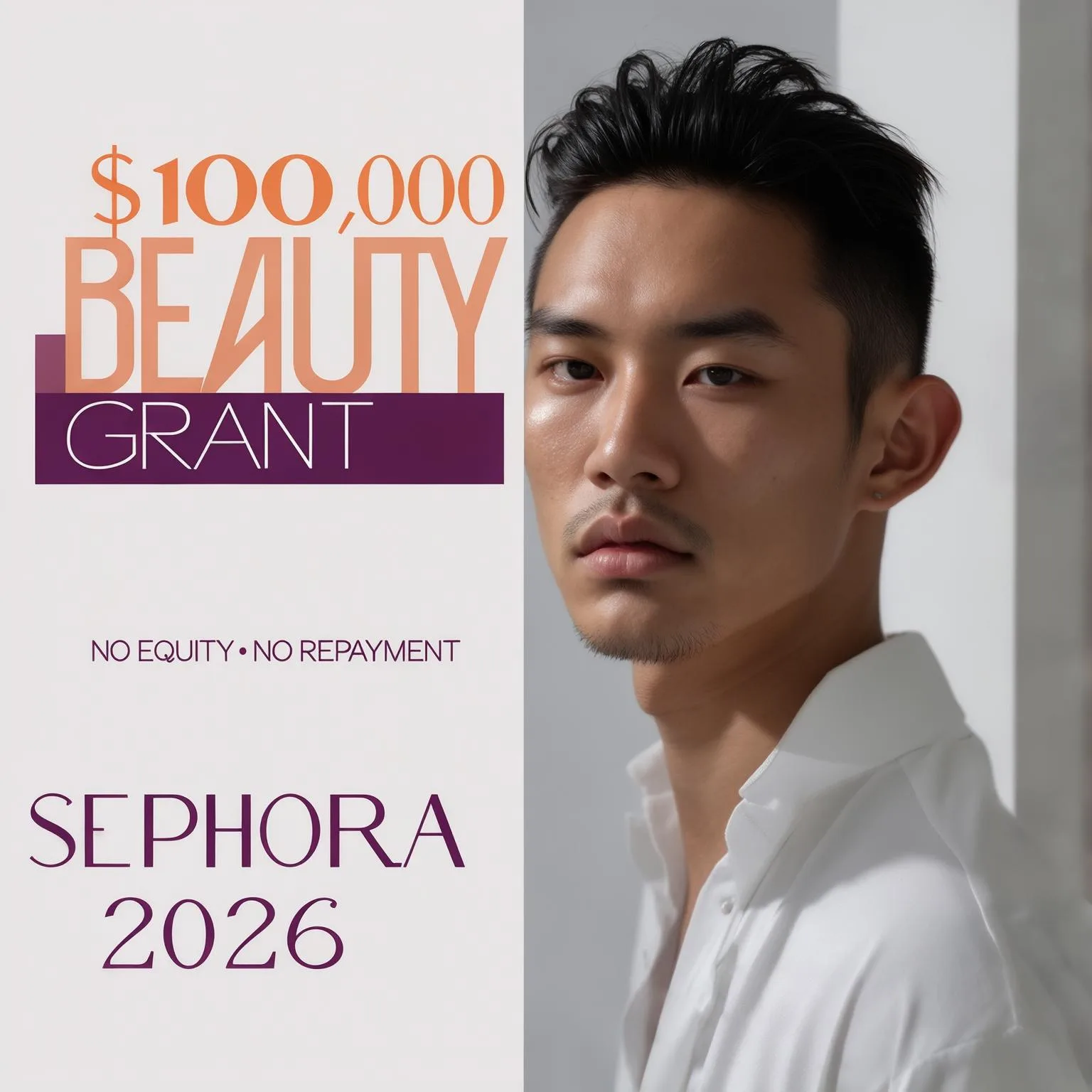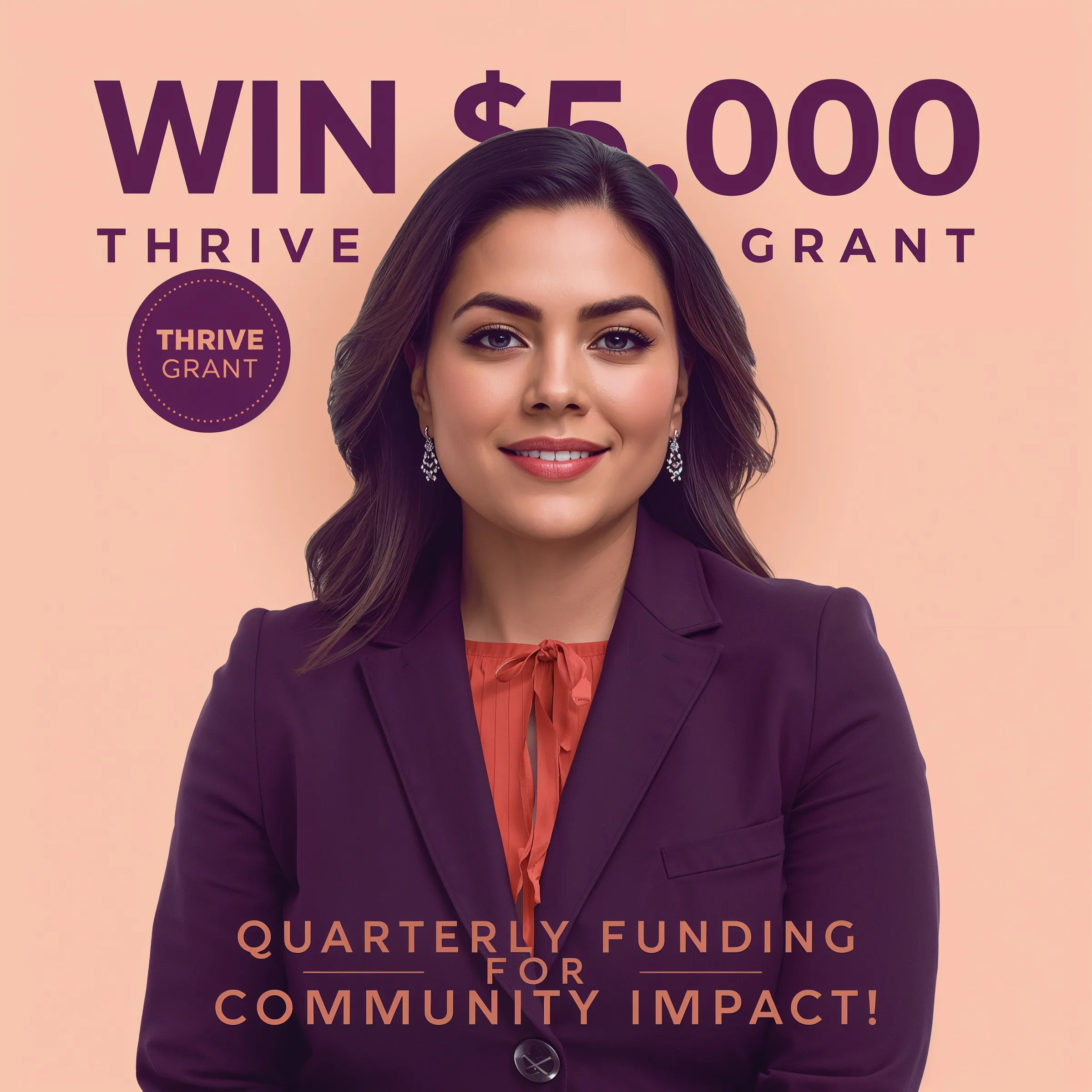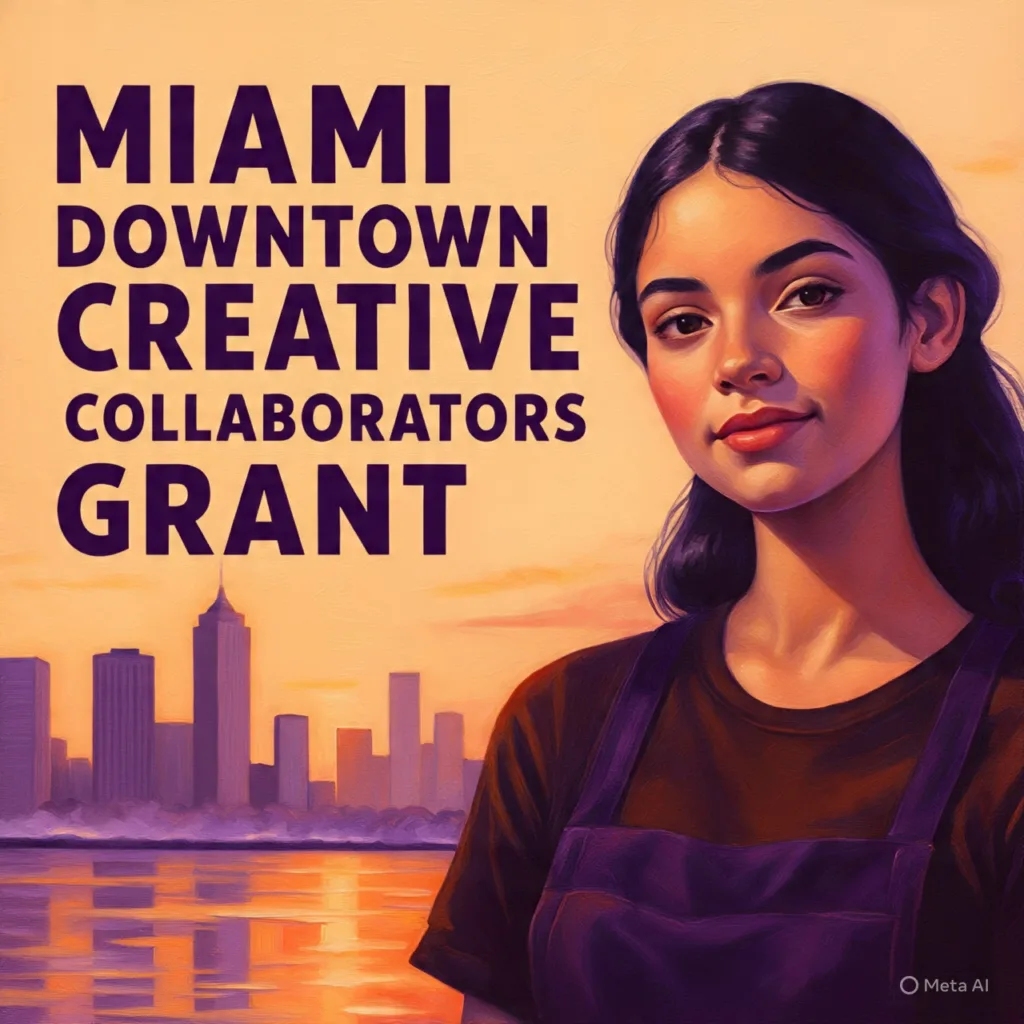
Miami Downtown Creative Collaborators Grant 2025-2026: Up to $50,000 for Creative Events
Apply for $5K-$50K Miami Downtown Creative Collaborators Grant. Three funding tiers. Reimbursement-based. Apply Today.
Grant Overview
Artists & Event Organizers – Apply for Multi-Tier Downtown Miami Activation Funding
The Miami Downtown Creative Collaborators Grant gives creative professionals, artists, and event planners access to funding between $5,000 and $50,000 for projects that bring life to Downtown Miami’s streets, plazas, and public spaces. What’s interesting about this program is how Miami DDA selected 28 artists and organizations for a total of $300,000 in grants in the previous cycle, showing their serious commitment to supporting creative activations.
This isn’t just another arts grant – it’s part of Miami DDA’s broader strategy to transform downtown into a cultural destination that actually competes with places like Wynwood or South Beach. The twist? You’ll need to front the money yourself since it’s reimbursement-based funding. But for projects that align with their vision, the payoff can be substantial. Similar creative opportunities like the CIROC Blue Dot Creative Residency also invest heavily in artistic innovation, though on a different scale.
The Real Story Behind Miami DDA’s Creative Investment
Miami DDA is an independent agency funded by a special tax levy on properties within its district boundaries – which means downtown property owners are literally paying for these grants because they believe creative events drive property values. The 15-member board isn’t just throwing money around; they’re making calculated investments in cultural programming that brings foot traffic and media attention to their district.
Here’s what many applicants miss: Miami Symphony Orchestra (MISO) was one of last year’s grant winners, performing a 90-minute family program at Miami DDA’s holiday lighting ceremony. Notice the pattern – successful projects integrate with existing Miami DDA initiatives rather than operating in isolation. Projects similar to Canada Council Micro-Grants often succeed when they demonstrate clear community impact.
The authority wants events that make downtown feel alive, not just artistic for artistic’s sake. They’re competing with other Miami neighborhoods for residents, businesses, and tourists.
Breaking Down the Three-Tier System
Tier 1: $5,000-$7,500 (Ten grants available)
Small activations work best here – pop-up art installations, intimate concerts, local running clubs. The key word is “hyperlocal” – think neighborhood-scale rather than city-wide. You can have up to 499 attendees without major city coordination.
Tier 2: $10,000-$15,000 (Ten grants available)
This tier covers medium festivals, art installations using prominent locations, organized races. You’ll need permits and some city services support. Expect 500-2,500 people with limited road impact. Many applicants find this tier offers the best balance of funding versus bureaucratic complexity.
Tier 3: $20,000-$50,000 (Five grants available)
Major cultural festivals, parades, significant public art require this level. You’re looking at 2,500+ attendees and substantial downtown infrastructure coordination. The competition gets fierce here since only five grants are awarded.
Q: Can I apply for multiple tiers?
A: No, you must choose one tier based on your project scope.
Q: Who decides my tier placement?
A: The Grant Review Committee evaluates your application and may recommend a different tier if your project doesn’t match your chosen category.
What Miami DDA Actually Wants (Read Between the Lines)
Skip the generic “community engagement” language that every applicant uses. Miami DDA’s real priorities focus on economic impact and tourism development, similar to how business-focused grants evaluate commercial viability.
They want projects that:
– Drive restaurant and retail sales during events
– Generate social media buzz that positions downtown as exciting
– Bring suburban residents downtown who might not normally visit
– Create programming that makes downtown Miami competitive with other cultural districts
The most successful applications demonstrate clear connections between artistic programming and measurable economic benefit. A food festival partnering with five local restaurants scores higher than a solo art installation.
Q: Do I need to partner with local businesses?
A: It’s not required but heavily encouraged and often helps applications stand out.
The Reimbursement Challenge Nobody Talks About
Here’s the part that trips up most applicants – you need significant upfront capital. This isn’t a check that arrives before your event. You’ll pay all expenses first, then submit receipts and documentation for reimbursement after completing your project and final report.
Miami DDA requires proof of additional funding sources beyond personal contributions. This means grants from other organizations, corporate sponsorships, or institutional backing. Personal savings don’t count as “additional funding.” Many successful applicants use programs like Start.Pivot.Grow. Micro Grants to supplement their budget.
Smart applicants secure 60-70% of their total budget from other sources before applying. This demonstrates financial stability and reduces cash flow risk.
Timeline Strategy for Success
Applications opened July 1, 2025, with a participant meeting on July 14. Missing that meeting isn’t fatal – focus on application quality over procedural participation. The real deadline pressure comes at August 18, 2025, at 11:59 PM.
Critical Timeline:
– August 18, 2025: Application deadline via Submittable platform
– September 22, 2025: Selection committee review
– October 18, 2025: Recipients announced
– October 1, 2025 – September 30, 2026: Project execution period
Projects must occur within this specific timeframe. Event date changes require six weeks advance notice or you forfeit the grant. Plan conservatively – Miami weather, permitting delays, and vendor issues can derail tight schedules.
Q: Can my project span multiple months?
A: Yes, as long as all activities occur within the funding period.
The 10% Marketing Requirement That Makes or Breaks Applications
Every grantee must spend at least 10% of their award on marketing – not as an afterthought, but as strategic investment. This requirement often distinguishes successful applications from rejected ones.
Smart applicants treat this as partnership marketing with Miami DDA’s existing promotional infrastructure. Miami DDA has substantial social media reach and media relationships. Your event marketing becomes part of their broader narrative about downtown transformation.
Eligible marketing expenses include:
– Social media advertising and content creation
– Print materials and signage
– Influencer partnerships and PR outreach
– Radio, TV, or podcast placements
Document everything meticulously – you’ll need detailed marketing analytics and proof of Miami DDA sponsorship acknowledgment in your final report. Organizations experienced with grant marketing requirements, like those applying for technology-focused grants, often handle this requirement smoothly.
What You Can Fund (And What You Can’t)
Allowable Expenses:
– Artist fees and creative honorariums
– Equipment rental and materials
– Production costs and logistics
– Marketing materials and advertising
Prohibited Expenses:
– Equipment purchases (rental only)
– Existing staff salaries (event-specific hires only)
– Travel expenses for organizers
– Event insurance coverage
– Projects outside Miami DDA boundaries
Q: Can I pay myself as project coordinator?
A: Only if hired specifically for this event, not as existing organizational staff.
The distinction matters for tax purposes and compliance reporting.
ACE Committee Meeting Requirements
Winners must attend at least two Arts, Culture & Entertainment Committee meetings per fiscal year or forfeit funding. This isn’t bureaucratic busywork – these meetings provide networking opportunities and insight into future funding priorities.
The fall acceptance meeting counts as one required meeting, making compliance manageable. Many grantees use these meetings to build relationships for future applications or collaborations.
Past Performance Insights
Miami DDA selected 28 artists and organizations to receive a total of $300,000 in the previous cycle, indicating strong competition but also substantial available funding. Successful projects typically demonstrated professional event production experience and clear community impact metrics.
First-time applicants face higher scrutiny – you’ll need comprehensive business plans demonstrating organizational capability. Established organizations can submit documentation of similar previous activations instead. Similar to entrepreneurship-focused grants, track record matters significantly.
Common Mistakes That Kill Applications
Documentation Gaps: Incomplete venue confirmations sink applications. Letters of intent aren’t sufficient – secure solid venue agreements or demonstrate realistic access to proposed locations.
Budget Unrealism: Underestimating costs hurts reimbursement-based grants particularly. Inflate estimates by 15-20% to cover unexpected expenses.
Missing Additional Funding: Applications without proven alternative funding sources get rejected immediately. Document every funding commitment clearly.
Generic Community Impact: Vague statements about “bringing people together” don’t compete with specific metrics and measurable outcomes.
Geographic Boundaries Matter
Your project must occur within Miami DDA’s defined boundaries covering portions of Brickell, the Central Business District, and Arts & Entertainment District. A few blocks can determine eligibility – research boundaries carefully before committing to venues.
Unlike broader Florida programs or multi-location grant opportunities, this funding specifically targets downtown Miami’s economic development zone.
Expert Application Support
Honestly, navigating reimbursement-based grants this complex while managing creative projects requires serious expertise. Many successful applicants work with grant professionals who understand Miami’s cultural funding landscape and can position creative projects as economic development investments.
If you’re serious about securing this substantial funding and want experienced guidance from someone who understands competitive arts grants, that’s exactly what we do at Grantaura. Professional grant support often means the difference between rejection and receiving that $50,000 check. CLICK HERE to get GRANT PROPOSAL WRITING help.
Donor: Miami Downtown Development Authority
Focus: Downtown revitalization, arts activation, community events, cultural programming, public space activation, tourism development, Miami cultural identity
Region: Miami, Downtown Miami, Brickell, Arts & Entertainment District, Central Business District, Florida, United States
Eligibility:
– Must be for-profit or non-profit entity in good standing (verify via Sunbiz)
– Project must occur within Miami DDA boundaries during funding period (October 1, 2025 – September 30, 2026)
– Demonstrate additional funding sources beyond Miami DDA grant and personal contributions
– Provide documentation of similar previous activations OR comprehensive business plan for first-time applicants
– Submit venue letter of intent or confirmation
– Include required permits or permit applications when applicable
– Disclose any criminal background information
Benefits:
– Financial Award: $5,000 to $50,000 reimbursement-based funding across three tiers
– Recognition: Public acknowledgment and promotion through Miami DDA channels
– Networking: Access to Arts, Culture & Entertainment Committee meetings and downtown stakeholder network
– Marketing Support: Promotional assets, newsletter inclusion, and social media promotion through Miami DDA platforms
Deadline: August 18, 2025
Terms:
– Reimbursable Grant: Funding disbursed after project completion and final report approval, requires upfront investment
– Additional Funding Requirement: Must demonstrate financial support from sources other than Miami DDA grant and personal contributions
– Marketing Allocation: Minimum 10% of total grant award must be allocated to marketing and promotional efforts
– ACE Meeting Attendance: Grantees must attend at least two Arts, Culture & Entertainment Committee meetings per fiscal year
– Geographic Restriction: All funded projects must occur within officially defined Miami DDA district boundaries including portions of Brickell, Central Business District, and Arts & Entertainment District
Author: Imran Ahmad has guided creative professionals through complex grant applications since founding Grantaura, understanding that successful arts funding requires more than artistic vision – it demands strategic positioning and financial planning. Having worked with over 300 clients achieving a 4.9-star rating, Imran recognizes that competitive creative grants like Miami DDA’s Downtown Creative Collaborators Grant succeed when applicants demonstrate both cultural impact and economic development potential. The reimbursement structure and additional funding requirements make this grant particularly challenging for artists without substantial financial backing or grant writing experience. For creative professionals serious about securing substantial arts funding, Imran offers specialized consultation services that transform artistic concepts into compelling grant proposals that win. Schedule your consultation today to discuss your Miami creative funding strategy.
Who Can Apply?
How to apply for this grant?
We are your trusted grant application partners. You can navigate the entire grant application process with our expert guidance through this simple 5-step process.
Step 1: Application Form
Fill out the "Apply for this grant" form with your information and grant requirements.
Step 2: Eligibility Assessment
Our grant experts will assess your eligibility and notify you via email.
Step 3: Expert Consultation
A dedicated grant expert will be assigned to discuss next steps for your application.
Step 4: Application Submission
Our expert will help you complete and submit your application with all required materials.
Step 5: Final Decision
The grant committee will make their decision and notify successful applicants.



